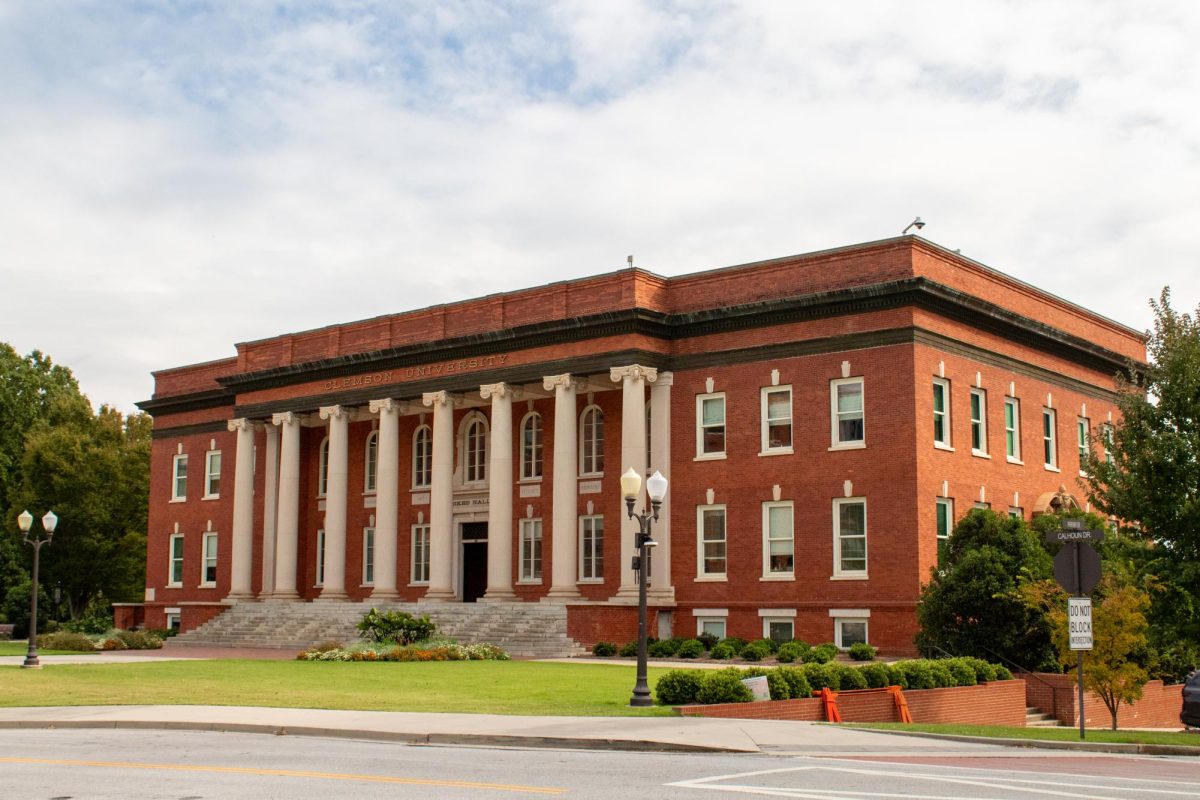Schools across the country recently released their 2020 Security and Fire Safety Report, which contains statistics on all crimes on campus in 2020. In order to compare data from different schools, the crime log data was gathered and adjusted for population differences to be per 10,000 students. All data is not the actual number of cases, but the number of cases proportional to the population.
Such crimes include rape, motor vehicle theft, liquor law arrests and drug law arrests for Clemson University, the College of Charleston (CofC), the University of South Carolina (UofSC) and Coastal Carolina University (CCU).
These reports are part of the Cleary Act, which requires schools to make on-campus crime data available every year. Each school must file such reports, though the crime statistics are only a small part of it.
When viewing student rape cases per 10,000 students, Clemson has the least amount at 2.1 cases and CCU has the highest number at 14.8 cases.
As for motor vehicle theft, CofC had no cases at all, while Clemson had 3.0. The highest was UofSC, at 4.4 cases.
At the same time, Clemson has the highest number of liquor law arrests and drug law arrests compared to CofC, UofSC and CCU.
UofSC had the lowest number of liquor law arrests at 0.7 per 10,000 students. At the highest number of these arrests, Clemson was found to have a whopping 115.4 cases per 10,000 students, which is around 165 times that of UofSC.
Similarly, Clemson had nearly twice the arrests for drug law violations of the runner-up, UofSC, at 62.4 and 33.7, respectively.
Compared with CofC, UofSC and CCU on these four criminal charges against college students, Clemson is found to have the least amount of rape cases, the second-to-highest motor vehicle theft cases amount and the highest case numbers for liquor and drug law arrests per 10,000 students.
















